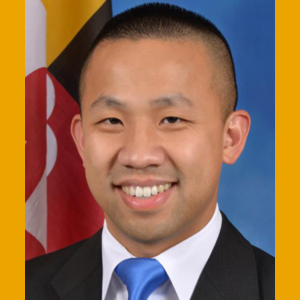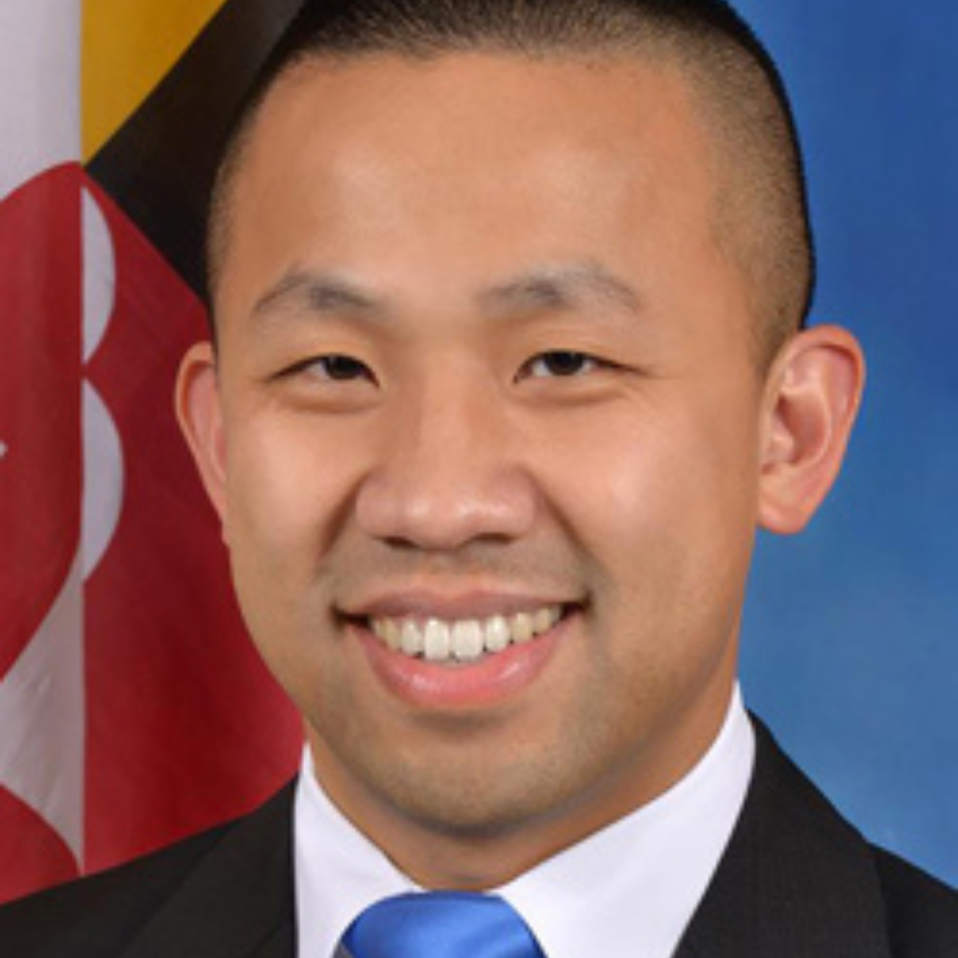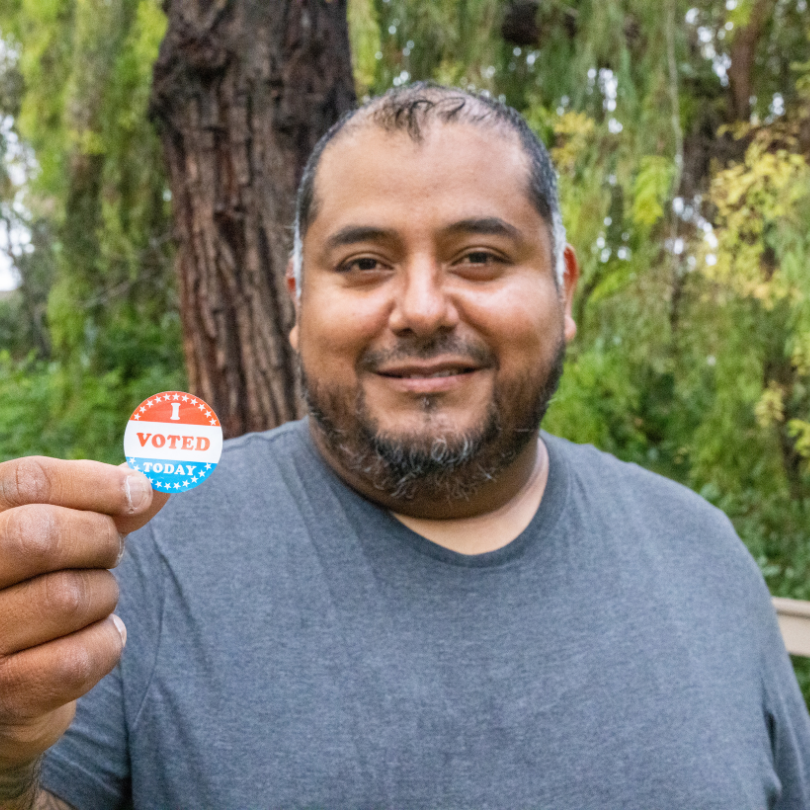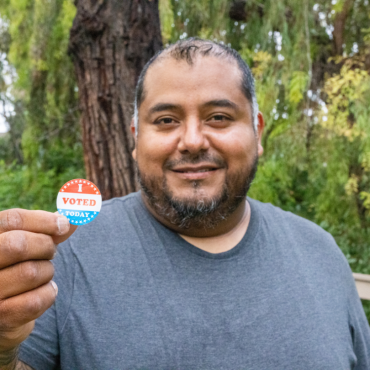
BALTIMORE, July 30, 2024 – Disability Rights Maryland (DRM) is pleased to announce that Senator Clarence Lam, who represents Howard and Anne Arundel Counties Maryland in the General Assembly, will receive the Public Policy Leadership Award at DRM’s 2024 Breaking Barriers Awards Gala. The gala will be held on Thursday, September 26, at the American Visionary Art Museum in Baltimore, Maryland.
DRM’s Public Policy Leadership Award recognizes individuals who have shown outstanding dedication and creativity in shaping and advancing legislation that helps create a more inclusive and just world for people with disabilities.
Senator Lam went the extra mile this legislative session, centering the voices of people with disabilities and advocating for choice over coercion. He spearheaded critical anti-discrimination bills and educated the senate finance committee on the need to focus on disability rights in the policy making process. His sponsorship of the Self-Directed Mental Health Care bill and his steadfast opposition to assisted outpatient treatment left a profound impact on our community.
Senator Lam showed people with disabilities that he is a true ally. His integrity, courage, and commitment to justice exemplifies the essence of this award.
To learn more about DRM’s Breaking Barriers Awards Gala, visit DisabilityRightsMD.org/Breaking-Barriers-Gala.
About Clarence Lam, MD, MPH, FACPM
Dr. Clarence Lam is a state senator representing District 12 (Howard and Anne Arundel Counties) in the Maryland General Assembly, where he serves on the Senate Finance Committee and the Executive Nominations Committee. He chairs the Howard County Delegation, the Joint Committee on Audits and Evaluations, and the Joint Committee on Fair Practices and State Personnel Oversight. He is also a member of the Anne Arundel County Delegation and is the chair emeritus of the Asian American & Pacific Islander Legislative Caucus. He is currently the only physician and the only Asian American legislator in the Senate of Maryland. In October 2023, Senate President Ferguson appointed him to become the first Asian American chair or vice chair of a Senate committee. He previously served in the Maryland General Assembly as a state delegate from 2015-2019.
Dr. Lam serves on the faculty of the Johns Hopkins Bloomberg School of Public Health as an assistant professor in the Department of Health Policy and Management. He leads the school’s preventive medicine residency program as its program director and practices clinically as the medical director of occupational medicine at the Johns Hopkins Applied Physics Laboratory. He is board certified in preventive medicine and occupational medicine.
For two years beginning in March 2020, he served as the interim director for Occupational Health Services and the Department of Health, Safety, and Environment for Johns Hopkins Medicine and University where he was responsible for the health and wellbeing of over 50,000 employees in Maryland, Washington, D.C., and Florida throughout the COVID-19 pandemic.
About Disability Rights Maryland (DRM)
Disability Rights Maryland (DRM) is a 501(c)(3) nonprofit organization that advances the rights of people with disabilities in Maryland. DRM provides free legal services to address issues like abuse, neglect, or discrimination that might occur in education, housing, transportation, healthcare, voting, and more. Ensuring that people with disabilities don’t have to live in institutions unnecessarily is a primary goal. DRM envisions a world where everyone has access to the services they need to fully participate in the workplace, neighborhoods, and all aspects of community life.









